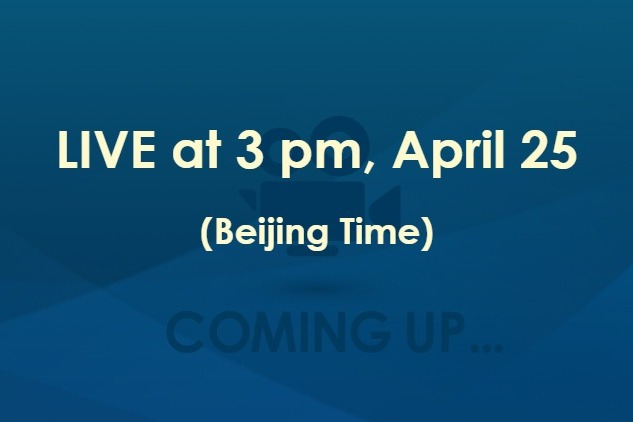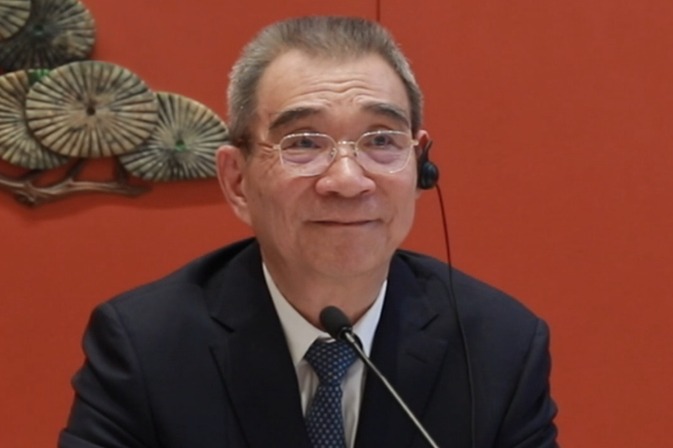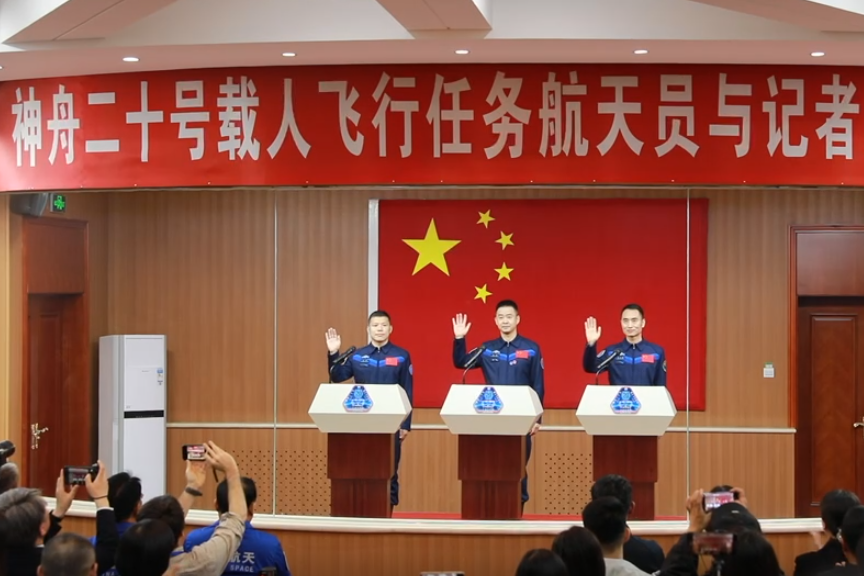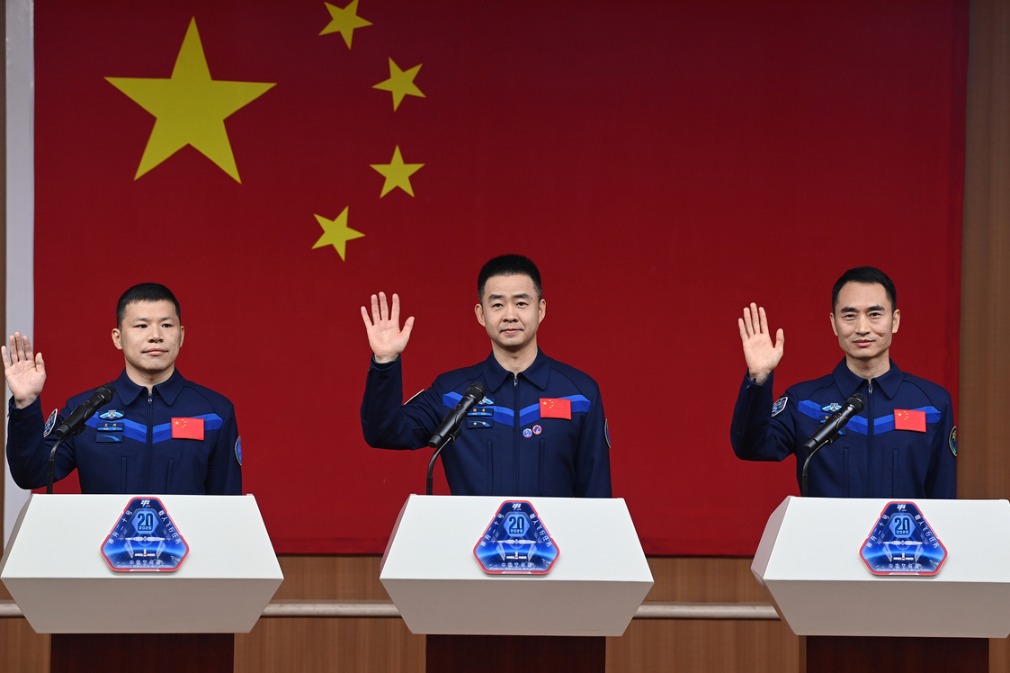EU chiefs and Johnson conduct face-to-face talks
By JULIAN SHEA in London | China Daily Global | Updated: 2020-01-09 09:28

British Prime Minister Boris Johnson had his first meeting with new European Commission President Ursula von der Leyen at Downing Street on Wednesday, less than four weeks before the United Kingdom's official departure from the European Union at the end of January.
Johnson's negotiating position has been transformed by his resounding general election victory in December. He told Von Der Leyen and EU chief negotiator Michel Barnier that the post-Brexit transition period to agree trade terms will not be extended beyond the end of 2020, a position reportedly thought"unrealistic" by the European side.
The electoral shake-up and subsequent 80 seat majority has strengthened Johnson's hand, but the EU will drive a hard bargain, with fears over whether Johnson will honor pledges about the post-Brexit status of European citizens living in the UK being a major issue.
This follows comments from Security Minister Brandon Lewis that EU citizens who did not apply for settled status before the deadline of June 30, 2021 risked deportation, remarks he claimed were taken out of context.
A resolution scheduled for debate in the European Parliament next week says it has "concerns" about how citizens' rights watchdog the Independent Monitoring Authority, or IMA, is set up, and requests that it should be "truly independent" and operational as soon as the Brexit transition period finishes at the end of 2020.
The resolution also said it was worried EU citizens might suffer employment or housing discrimination without a "physical document" giving proof of their right to residency, and also that the "limited geographical spread" of assistance being made available was not helpful for "older and vulnerable" EU citizens or those who may struggle to use the digital application process.
Wednesday's talks will only be part of what is sure to be a complex process, but Brexit Secretary Steve Barclay told Sky News he thought there was "scope for a very positive and optimistic approach to the trade deal".
However, European Commission Spokesman Eric Mamer said Barclay was getting ahead of himself talking about that being on the agenda. The Downing Street meeting, Mamer said, would "set the scene" but trade talks could only begin when the full European Council, comprising the 27 remaining EU members states, had approved ground rules, "and we are not at that stage yet".
After the end of January, Britain would be free to begin talks with the United States about a free trade deal straight away, which it could use as a bargaining chip to put pressure on the EU.
However, given the current crisis in the Gulf region, Johnson faces an awkward situation as aligning his government too closely with US President Donald Trump, which has long seemed to be one of the key parts of the post-Brexit plan, would be a major political risk. Johnson said it was not up to the UK to decide whether the strike that killed General Qasem Soleimani, sparking the crisis, was legal "since it was not our operation".
























